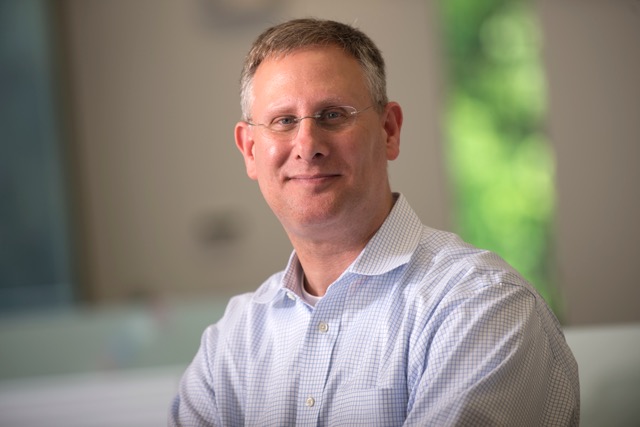Making Hope Matter

As we jump into a new year, are you hopeful? Life has a tendency to swirl all around us – personally and professionally. Throwing unexpected opportunities and sometimes seemingly daunting obstacles in our way. Life challenges us to make the most of our circumstances, but as we all know, that is not always an easy task. So, whether you are riding high, or battling each day, what does it actually mean to be hopeful, and why does this psychological state have far reaching ramifications?
Although there are many definitions of hope, psychologist Shane Lopez had a particularly compelling view. He stated that hope is “the belief that the future will be better than the present, along with the belief that you have the power to make it so.” His thesis parallels the thought that the sum of its parts is greater than the whole. It isn’t enough to pine for better days, we all must play an active role in actualizing our beliefs.
Hope, often depicted in a wistful or unsubstantial manner, has been proven to have the power to positively change outcomes. Judith Moskowitz, a professor of medical social sciences at Northwestern University’s Feinberg School of Medicine in Chicago helped prove the point. She conducted a study with 159 people who had just been diagnosed with HIV. The participants were randomly assigned to one of two groups. One group of people received five support sessions where they were taught eight skills to help them develop positive emotions and how to take action accordingly. The other group received five standardized support sessions that did not include this emphasis. The results? Those participants that enacted the taught skills carried a lower load of the virus, were more compliant with their medication (a concrete action), and were even less likely to require antidepressants to help them cope on a daily basis.
The eight skills that Dr. Moskowitz included in her study were purposeful and directive:
- Recognize a positive event each day.
- Savor that event. Write or tell someone about it.
- Start a daily journal capturing things you are grateful for.
- List a personal strength and specify how you put it into action.
- Make a realistic goal, and chart your progress.
- Think of a relatively minor stress and list ways to reframe the issue in a more positive light.
- Recognize and perform acts of kindness every day.
- Be aware of the present rather than focusing on the future or past.
Drs. Lopez and Moskowitz both acknowledge that hope is active, not passive. As we look at the year in front of us, we are presented with the opportunity to be hopeful. This extends beyond optimism and necessitates thinking and doing.
Professionally, we are in the business of stimulating hope – through science, advancements in treatments, progress in understanding complex disease states. We all know people whose lives have been upended as they’ve become recast as patients – facing unanticipated battles – and often feeling out of control. Whether living with a chronic or acute health condition, it’s critical to remember that there’s reason to hope. Not being wishful, but being hopeful. Actively hopeful. For ourselves, for those we care about, and for those who depend on us professionally, we have an obligation to put this into practice – to help raise awareness of the power of hope, to motivate people to take action, and to recognize that hope, along with science, can help fuel our wellbeing – singularly and collectively. Hope, in fact, can make a difference.

by Jonathan D. Katz
01/21/2018